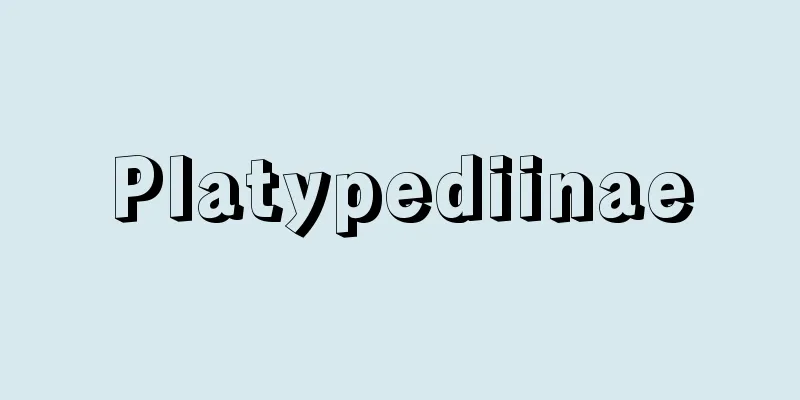Right to pursue happiness

|
One of the fundamental human rights guaranteed in the Japanese Constitution (Article 13). John Locke proclaimed the guarantee of "life, liberty, and property, the pursuit of happiness" as the natural law of man in his natural state, but the Virginia Bill of Rights and the American Declaration of Independence expanded this to "life, liberty, and the pursuit of happiness." The Japanese Constitution inherited this. The origin of the word is clear, but there are various arguments about the content of the right to pursue the vague value of "happiness." For example, in relation to the position of the provision, there is a conflict between the theory that interprets it as a general provision of human rights with no specific content and the theory that interprets it as a provision to guarantee new rights not listed in the catalog of the Declaration of the Rights of Man. In later interpretations, courts often consider the right to pursue happiness as a legal basis for rights of privacy, portrait, and environmental rights. Also, because this right owes its debt to Locke's ideas, there is also a dispute over whether "happiness" is limited to the content of freedom rights, or whether it includes social rights content regardless of the history. In any case, the exercise of the right to pursue happiness is required to be in line with the public welfare. [Takao Sasaki] [Reference] |Source: Shogakukan Encyclopedia Nipponica About Encyclopedia Nipponica Information | Legend |
|
日本国憲法(13条)に保障された基本的人権の一つ。ジョン・ロックは、人の自然状態でもつ自然法として「生命・自由・財産the Pursuit of Happiness」の保障を掲げたが、バージニアの権利章典やアメリカの独立宣言では、これを「生命・自由・幸福追求」と広げて宣言した。日本国憲法はこれを受け継いだものである。語の由来は明らかであるが、「幸福」という漠然とした価値を追求する権利の内容については、さまざまな議論がある。たとえば、規定の置かれた位置とも関連して、具体的内容をもたない人権の総則規定と解する説に対しては、人権宣言のカタログに未登載の新しい権利を保障するための規定と解する説が対立する。裁判所は、後説により、幸福追求権をプライバシー権・肖像権・環境権などの根拠法条としてとらえることが多い。また、この権利がロックの思想に負うところから、「幸福」は自由権的内容に限られるのか、それとも沿革にはこだわらず、社会権的内容までをも含むのかが争われることもある。いずれにしても幸福追求権の行使には、公共の福祉に沿うことが求められている。 [佐々木髙雄] [参照項目] |出典 小学館 日本大百科全書(ニッポニカ)日本大百科全書(ニッポニカ)について 情報 | 凡例 |
Recommend
Karlus
This hot spring is located in Noboribetsu City, so...
Golden Snake
…In 1934, he was expelled from the country due to...
Stoichiometric equation - kagakuryorontekihoteishiki
…This idea was passed down to the founders of mod...
Minatogawa Shrine
Located in Tamon-dori, Chuo-ku, Kobe, Hyogo Prefe...
Cut foil - Kirihaku
〘Noun〙 (also "kiribaku")① A method of de...
Mimasaka [town] - Mimasaka
A former town in Aida County, eastern Okayama Pref...
Nakazato [village] - Nakazato
A village in Nakauonuma County in southern Niigata...
Kienholz, E.
…Junk art, which mainly uses waste from industria...
Marine Chemistry
...The aim is to clarify the processes and mechan...
Processing trade on consignment - itakukakouboueki (English spelling)
This is a general term for forward consignment pr...
Drouin, R.
...From the end of the 19th century onwards, Voll...
Hindenburg - Paul von Beneckendorff and von Hindenburg
German military officer and politician. Son of a ...
Svoboda, Ludvík
Born: November 25, 1895 in Hroznatyn, Moravia [Die...
Artistic swimming
...A water sport in which participants combine va...
Common antenna - Kyodo Antenna (English spelling) Common antenna
A receiving antenna system that allows multiple t...









